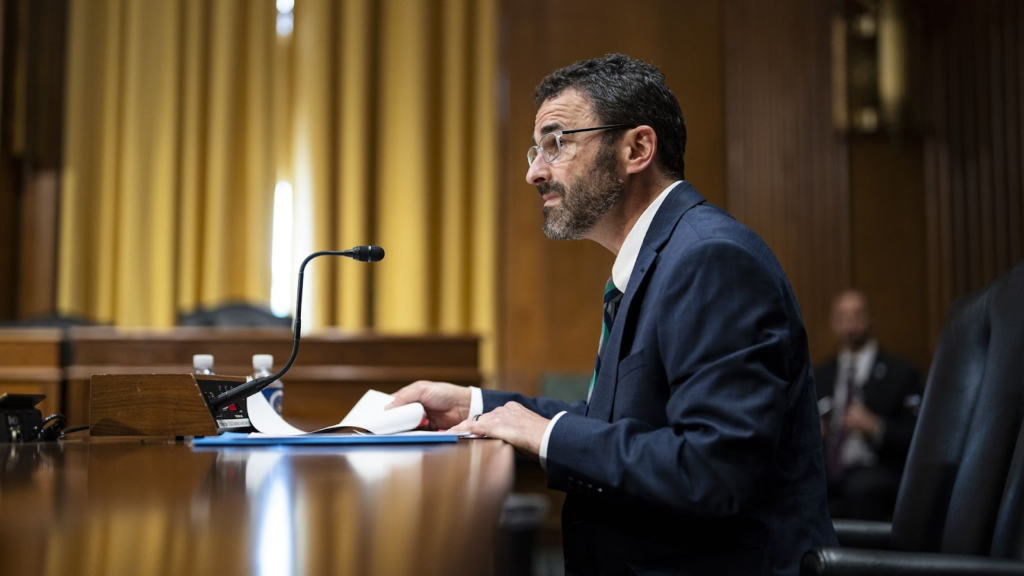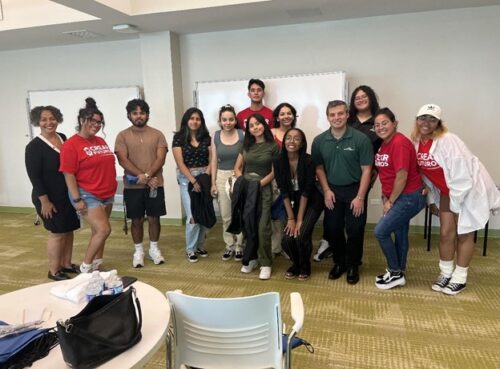
Danny Werfel, commissioner of the Internal Revenue Service Photo Credit: axios.com
CNBC reports that the Internal Revenue Service [IRS], is planning to use artificial intelligence to collect unpaid taxes from high earners, partnerships, and large corporations. Last Friday, according to the NYTimes, the IRS announced that they’d use some of the $80 billion allocated through last year’s Inflation Reduction Act to target America’s wealthy.
The allocation, however, has sparked controversy, with Republicans claiming that the IRS will use the funding to harass small businesses and middle-class taxpayers. However, according to CNBC, the agency re-expressed its promise to not increase audits for those making less than $400,000 a year. They plan to enact safeguards for low to moderate earners who claim the earned income tax credit and have seen elevated audit rates.
The agency said it plans on examining 75 of the nation’s largest partnerships by the end of the month. With the aid of A.I., the agency identified that the partnerships all have more than $10 billion in assets, and in the coming weeks, the agency plans on sending out audit notices, the NYTimes writes.
In October, the IRS will also send out 500 notifications, or compliance alerts to other large partnerships that the agency has found discrepancies within their balance sheets. If the partnerships are unable to explain the differences in their balances, from the end of one year to the start of the next, they could also face audits.
Danny Werfel, the commissioner of the IRS, said that the agency is devoting dozens of revenue officers to pursue 1,600 millionaires who the IRS believes owe at least $250,000 in unpaid taxes.
Robert Kovacev, a tax controversy partner at law firm Miller & Chevalier, said, “They can expect increased scrutiny from the IRS over the next few years,” CNBC reported. The change will occur within the next three to five years, “there will be a noticeable increase in audits of large partnerships, large businesses and high-net-worth families,” Kovacev said.







